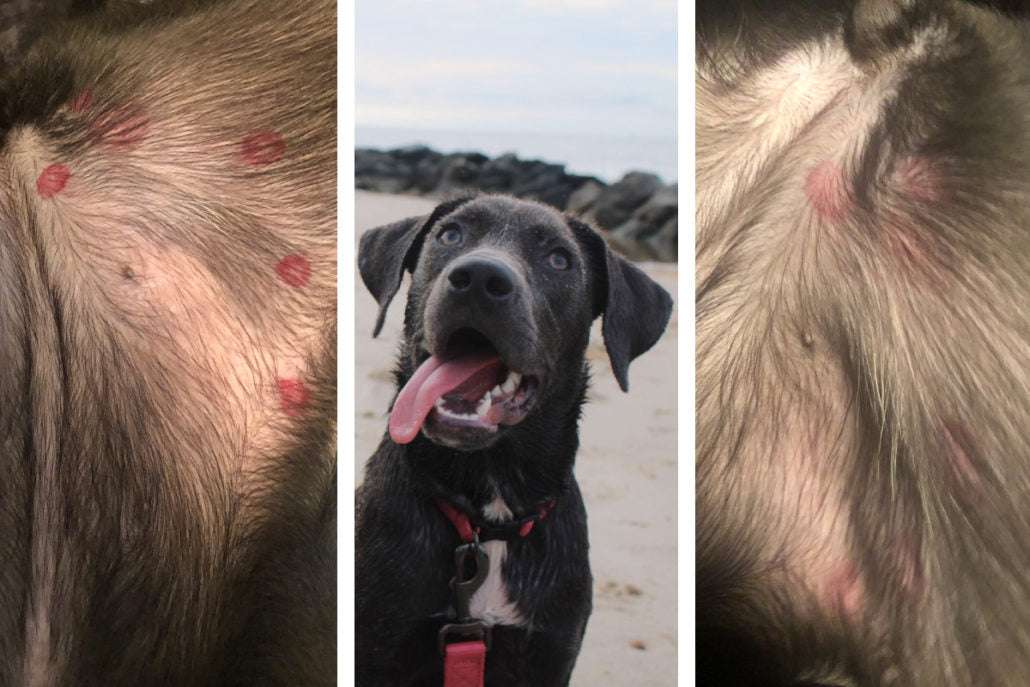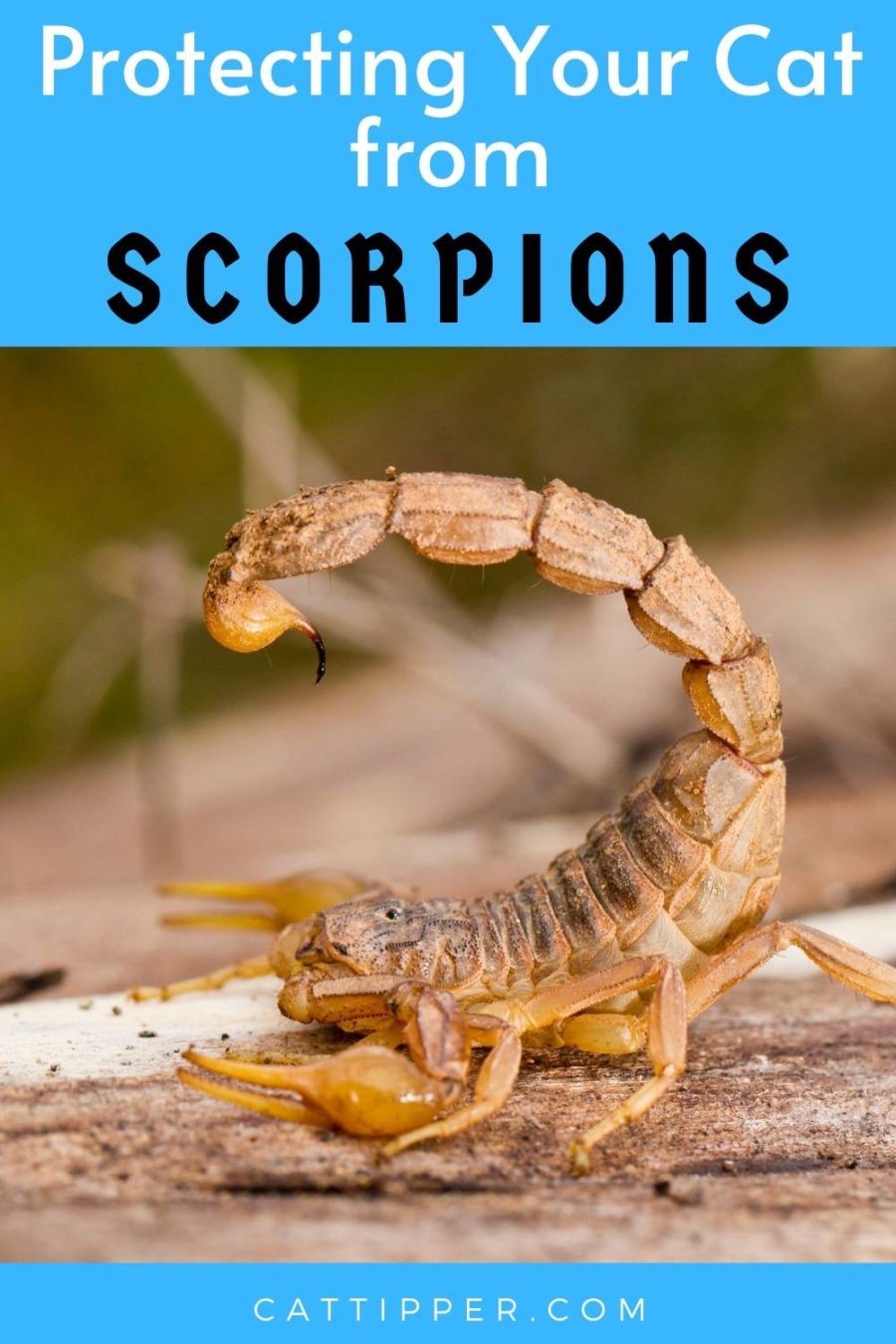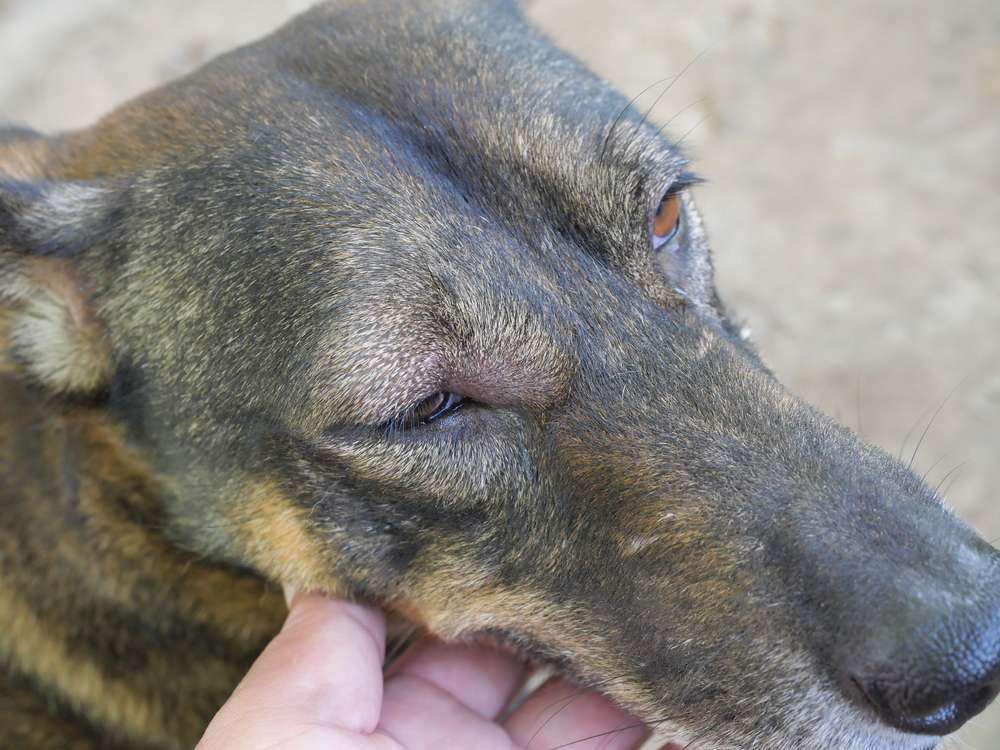Key Takeaways:
- Ant bites and stings can cause allergic reactions in dogs.
- Dogs may experience pain, swelling, and redness at the site of the bite or sting.
- It is important to remove any visible ants from your dog's body immediately.
- Applying a cold compress or ice pack can help reduce swelling and discomfort.
- If your dog shows signs of an allergic reaction or severe symptoms, seek veterinary attention promptly.
Are you a dog owner who wants to keep your furry friend happy and healthy? If so, understanding the topic of ant bites and stings in dogs is essential for their well-being. Did you know that every year, thousands of dogs suffer from painful ant bites and stings? By delving into this subject, you'll gain valuable knowledge on how to prevent these incidents and provide immediate relief if they occur. In this article, we will explore the dangers of ant bites and stings for dogs and discover effective ways to protect them from these pesky insects. So grab a seat and get ready to become an expert in keeping your canine companion safe from those tiny but mighty ants!
What are ant bites and stings in dogs?
Ant bites and stings are when ants use their mouths or stingers to hurt a dog. Ants can be found in many places like parks, gardens, or even inside our homes. When a dog comes into contact with ants, they may bite or sting the dog's skin. It can be painful for the dog and cause discomfort.
Types of ants that bite or sting
There are different types of ants that can bite or sting dogs. Some common ones include fire ants, red ants, and black ants. Fire ants have a painful bite and leave small red bumps on the skin. Red ants also have a painful bite but may not leave visible marks. Black ants usually don't cause much harm unless the dog is allergic to them.
Why do ants bite or sting?
Ants usually bite or sting when they feel threatened or if their nest is disturbed. They use their mouthparts or stingers as a defense mechanism to protect themselves and their colony.
How do ants bite or sting dogs and how does it feel for the dog?
When an ant bites a dog, it uses its jaws to grab onto the skin and inject venom into it. The dog may feel a sharp pinch or pain at the site of the bite. If an ant stings a dog, it uses its stinger to inject venom into the skin, which can cause immediate pain and discomfort.
What does an ant bite look like on a dog?
An ant bite on a dog may appear as a small red bump on the skin. In some cases, there may be multiple bites close together, forming a cluster of bumps.
How does it feel for the dog?
For dogs, ant bites can be quite uncomfortable and painful. They may experience itching, swelling, and redness around the bite area. Some dogs may also show signs of distress or try to scratch or lick the affected area.
Can ant bites and stings be dangerous for dogs?
While most ant bites and stings are not life-threatening to dogs, they can still cause discomfort and potential complications. Some dogs may have an allergic reaction to ant venom, which can lead to more severe symptoms. It's important to monitor your dog closely after an ant bite or sting and seek veterinary care if you notice any concerning signs.
Signs of an allergic reaction in dogs
- Swelling around the face, eyes, or throat
- Difficulty breathing
- Hives or rash on the body
- Vomiting or diarrhea
When to seek immediate veterinary care
If your dog shows any signs of an allergic reaction or if they are bitten by a large number of ants, it is important to seek immediate veterinary care. Severe allergic reactions can be life-threatening if not treated promptly.
Common signs of a dog being bitten or stung by ants
It's essential for dog owners to recognize the signs that their furry friend has been bitten or stung by ants. Dogs cannot communicate their discomfort verbally, so we need to pay attention to their behavior and physical cues.
Common signs of ant bites or stings in dogs
- Excessive scratching or licking at a particular area
- Redness, swelling, or bumps on the skin
- Whining or whimpering
- Restlessness or agitation
How long do ant bite symptoms last?
The duration of symptoms from ant bites can vary depending on the individual dog and the severity of the bite. Mild symptoms usually subside within a few hours to a couple of days. However, if the dog has an allergic reaction or multiple bites, it may take longer for the symptoms to resolve.
Relieving a dog's discomfort from ant bites or stings at home
If your dog has been bitten or stung by ants and is experiencing discomfort, there are some simple steps you can take at home to help alleviate their pain and promote healing.
Home remedies for relieving a dog's discomfort
- Gently clean the affected area with mild soap and water to remove any dirt or ant venom.
- Apply a cold compress or ice pack wrapped in a cloth to reduce swelling and soothe the skin.
- Avoid allowing your dog to scratch or lick the affected area excessively, as this can worsen irritation.
- Keep your dog calm and comfortable, providing them with a quiet space to rest.
When to avoid home remedies and seek veterinary care
While home remedies can provide temporary relief, it's important to monitor your dog closely. If the symptoms worsen, persist for more than a couple of days, or if you notice signs of infection such as pus or oozing from the bite site, it's best to consult with a veterinarian for proper evaluation and treatment.
When to take your dog to the vet after being bitten or stung by ants
In most cases, ant bites or stings in dogs will resolve on their own with time and basic care. However, there are situations where veterinary attention is necessary.
Situations requiring veterinary care
- Allergic reactions: If your dog shows signs of an allergic reaction such as difficulty breathing, facial swelling, or hives, seek immediate veterinary care.
- Multiple bites: If your dog has been bitten by numerous ants or if there are signs of an infestation around your home, it's important to have your dog examined by a vet.
- Severe or worsening symptoms: If your dog's symptoms worsen, persist for more than a few days, or if you notice signs of infection, it's best to consult with a veterinarian.
Why is veterinary care important?
Veterinary care ensures that your dog receives appropriate treatment and medication if necessary. A veterinarian can also assess the severity of the bite or sting and provide guidance on how to prevent future incidents.
Tips for preventing ant bites and stings on your dog
Prevention is key when it comes to protecting your furry friend from ant bites and stings. By taking some simple precautions, you can reduce the chances of your dog getting bitten or stung by ants.
Preventive measures for ant bites and stings
- Keep your home and yard clean: Regularly clean up food crumbs, spills, and garbage to discourage ants from entering your living spaces.
- Avoid areas with ant activity: When walking or playing with your dog outside, try to avoid areas where you see ants crawling or ant hills.
- Use pet-safe insect repellents: There are insect repellents specifically designed for dogs that can help keep ants away. Consult with a veterinarian before using any products on your pet.
- Check outdoor areas before letting your dog play: Before allowing your dog to roam freely in parks or gardens, inspect the area for signs of ant colonies or nests.
Why prevention is important
Preventing ant bites and stings not only protects your dog from discomfort but also reduces the risk of potential allergic reactions or complications. Taking preventive measures ensures a safer environment for both you and your furry companion.
In conclusion, ant bites and stings can be painful for dogs, causing swelling, itching, and discomfort. It is important to seek veterinary care if your dog gets bitten or stung by ants to ensure proper treatment and relief.
Does Benadryl help with ant bites on dogs?
To reduce swelling from ant bites, apply a cold compress and then apply diluted apple cider vinegar. If necessary, give your dog Benadryl or an antihistamine to prevent allergic reactions to the bites.
Should I take my dog to the vet for ant bite?
Similar to humans, certain dogs may be more sensitive and have a stronger reaction to ant bites and stings. If your dog's symptoms become concerning, it is important to reach out to your veterinarian for further guidance and treatment. Dogs experiencing severe anaphylactic reactions may need to be hospitalized for additional care.
How long does it take for an ant bite to stop stinging?
Ant bites typically resolve within a few days, while fire ant stings can last longer depending on the amount of venom injected into the skin. Generally, it takes about three to seven days for a fire ant sting to heal and for symptoms to improve.
How much Benadryl can I give my dog for ant bites?
In more serious situations, giving your dog a dosage of 0.5 to 2 mg of Benadryl per pound can be an effective treatment for insect bites. However, it is important to consult with your veterinarian before giving your dog any over-the-counter medication.
How do I know if my dog has ant poisoning?
If your dog has consumed ant poison, they may exhibit symptoms such as diarrhea, vomiting, and bloody stool, among others. It is advisable to take your dog to a veterinary clinic if additional complications arise. What steps should be taken if my dog has ingested ant poison?
How long do fire ant bites last on dogs?
In about one to three days, the areas affected by the sting should start to feel better. If your pet is experiencing itchiness or discomfort, you can use Benadryl or diphenhydramine. Your veterinarian will be able to give you the correct dosage based on your pet's age and weight. Cooling your pet with water baths can also help reduce inflammation in their skin.

















